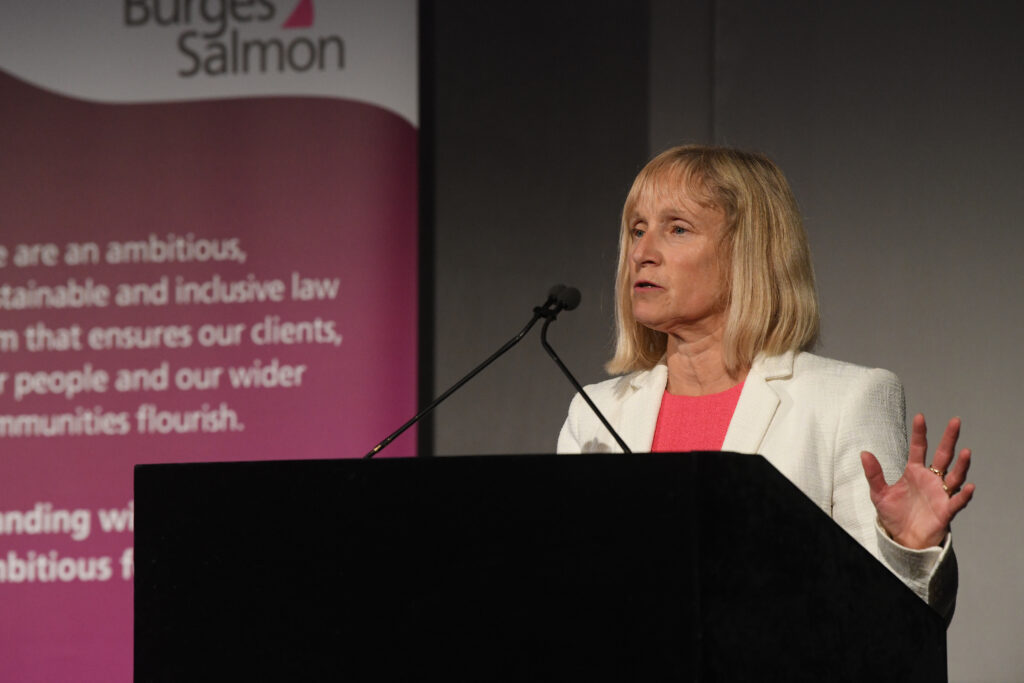The leading hydrogen association has welcomed “indications of progress” following the release of the second round of consultation papers on the Review of Electricity Market Arrangements (REMA) programme.
CEO of the Hydrogen Energy Association (formerly known as the UK HFCA), Celia Greaves said elements of the reform package could accelerate private investment in clean electricity generation and build a cost-effective system.
She said: “The current electricity market arrangement is unsuitable for achieving a fully decarbonised and cost effective system by 2035 and we are broadly supportive of the proposed vision for the electricity system of the future.
“However, this vision understates the role and importance of hydrogen in the electricity system as a key low-carbon flexibility solution.
“Long duration storage is a key pillar of hydrogen’s offering to the electricity market, and is an important balancing mechanism for the future capacity market. Hydrogen’s storage role will be complemented by hydrogen to power. As more renewables come online and more energy demand transitions to electricity, the UK’s seasonal balancing requirements will increase, and any reformed capacity market must address this.
“We would like to see the vision include mechanisms where underground hydrogen storage, hydrogen gas turbines and engines, as well as fuel cells, play a key role in the delivery of electricity to consumers at time of need.”
The Consultation outlined the need to strengthen electricity security and support delivery of net zero while helping keep energy bills down for consumers in the long-term, protecting the environment in an ambitious and practical way.
In introducing the Paper, Claire Coutinho, Secretary of State for Energy Security and Net Zero said: “The purpose of the REMA programme is to create the market arrangements to complete this move to low carbon technologies, managing a smooth and low-cost transition away from our remaining unabated fossil fuel generation capacity, while maintaining security of supply.
“This consultation will help us deliver our objectives, to ensure our electricity markets are fit for future purpose, and to prepare our electricity system for full decarbonisation by 2035.
“It recognises that whilst rapid progress to decarbonise is an imperative, the transition must proceed in a secure and orderly fashion.”
She added: “It is clear from the responses to our first REMA consultation in 2022, and our engagement with stakeholders since then, that a range of underlying market failures and limitations of existing interventions mean the current electricity market framework will not deliver the secure, clean, low-cost electricity system we need in the future.”
She then outlined four key challenges facing electricity markets:
- Passing through the value of a renewables-based system to consumers
- Investing to create a renewables-based system at pace
- Transitioning away from an unabated gas-based system to a flexible, resilient, decarbonised electricity system
- Operating and optimising a renewables-based system, cost-effectively
Celia noted that the proposals around the third challenge have particular resonance for hydrogen.
These included progress in the development of bespoke policy to support technologies such as Power CCUS, Hydrogen to Power (H2P) and Long Duration Electricity Storage (LDES) to mitigate emerging technology risks and developing clear decarbonisation pathways for unabated gas to ensure a glide path to a fully decarbonised electricity system while low carbon long duration alternatives, such as Power CCUS, H2P and LDES scale up.
“Hydrogen will play a substantial role across our energy system of the future and will make an essential contribution to the decarbonisation of the UK’s electricity system through the deployment and operation of long duration hydrogen storage, the operational flexibility of electrolysers and hydrogen to power,” she said. “It is good to see flexibility in the approach that considered all aspects of decarbonisation in unison.”
